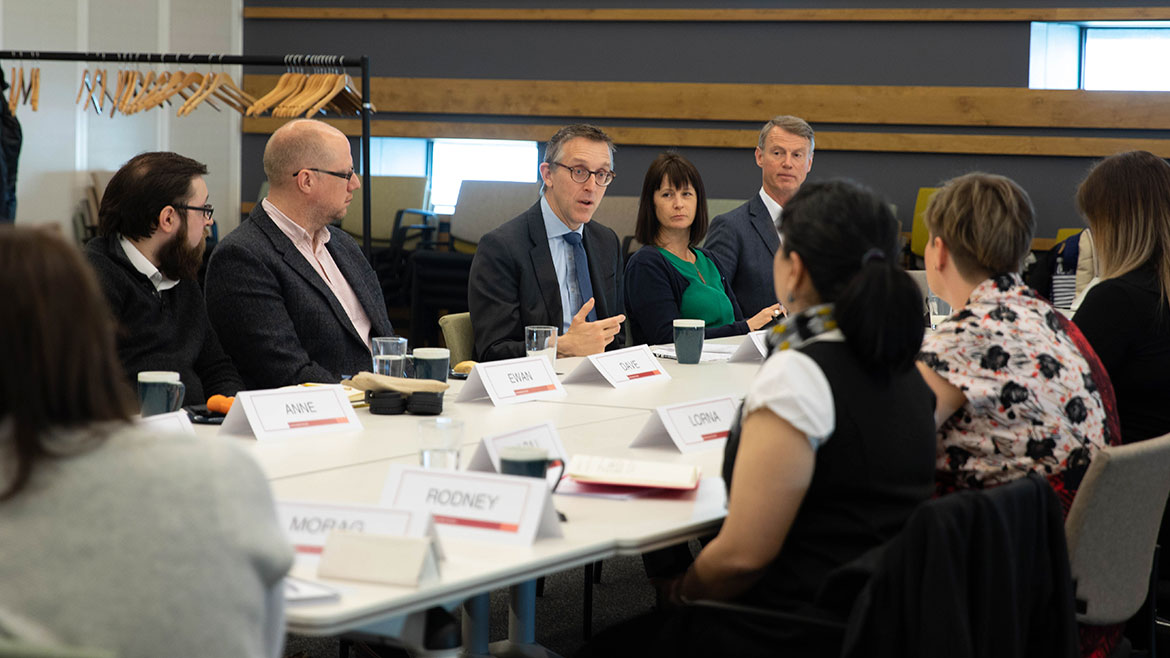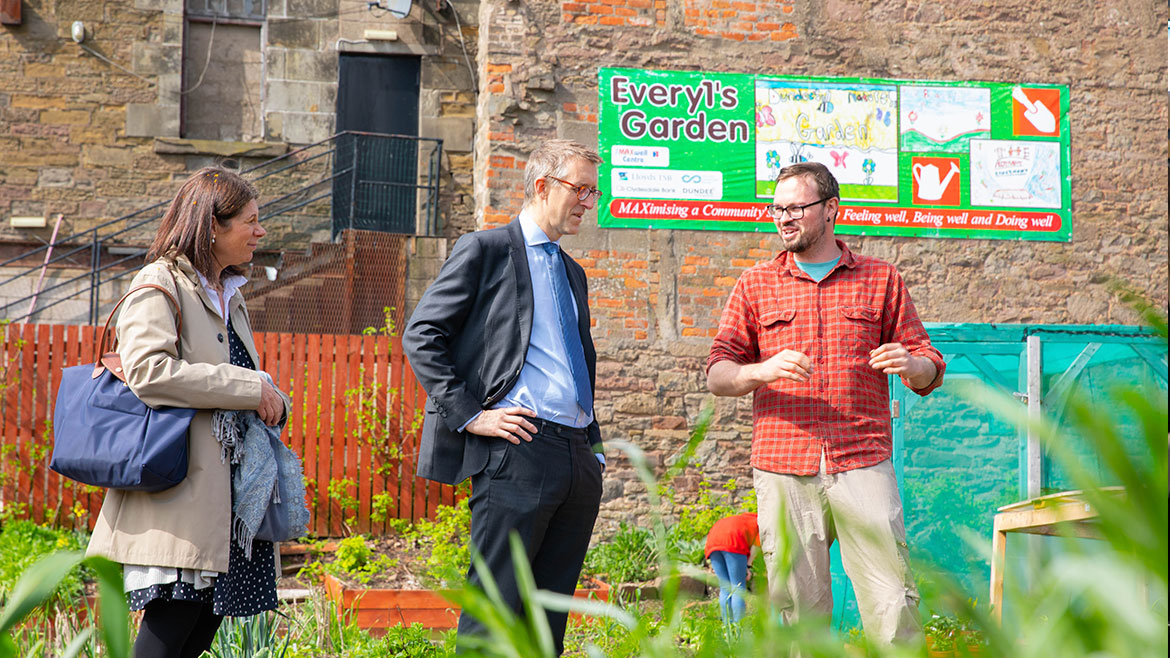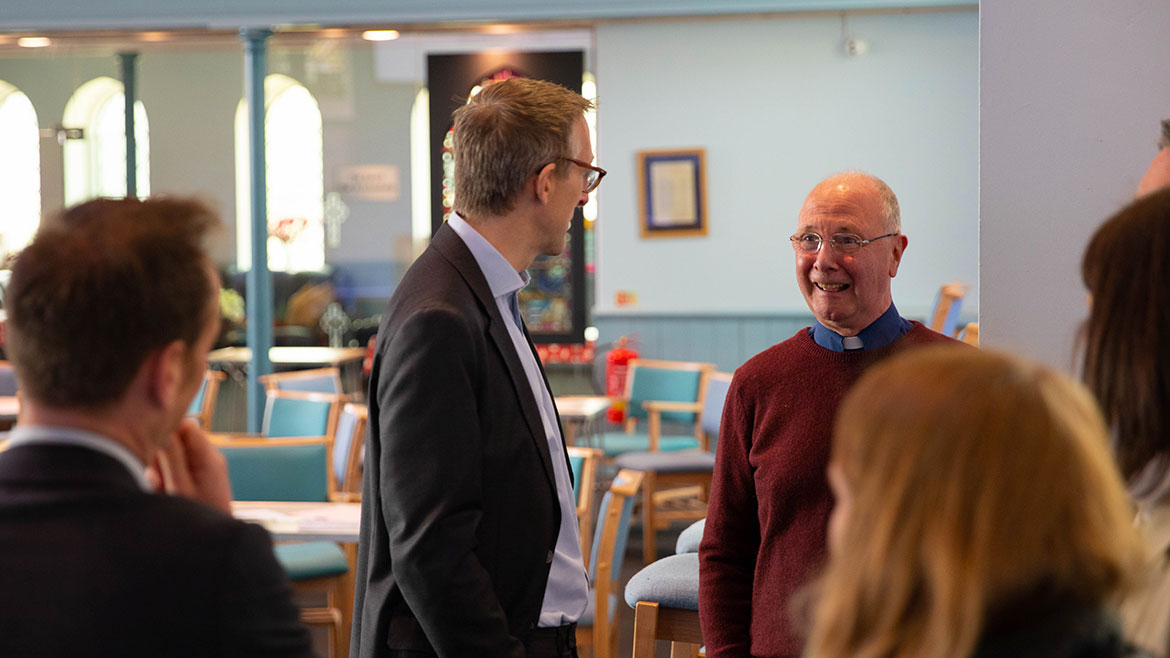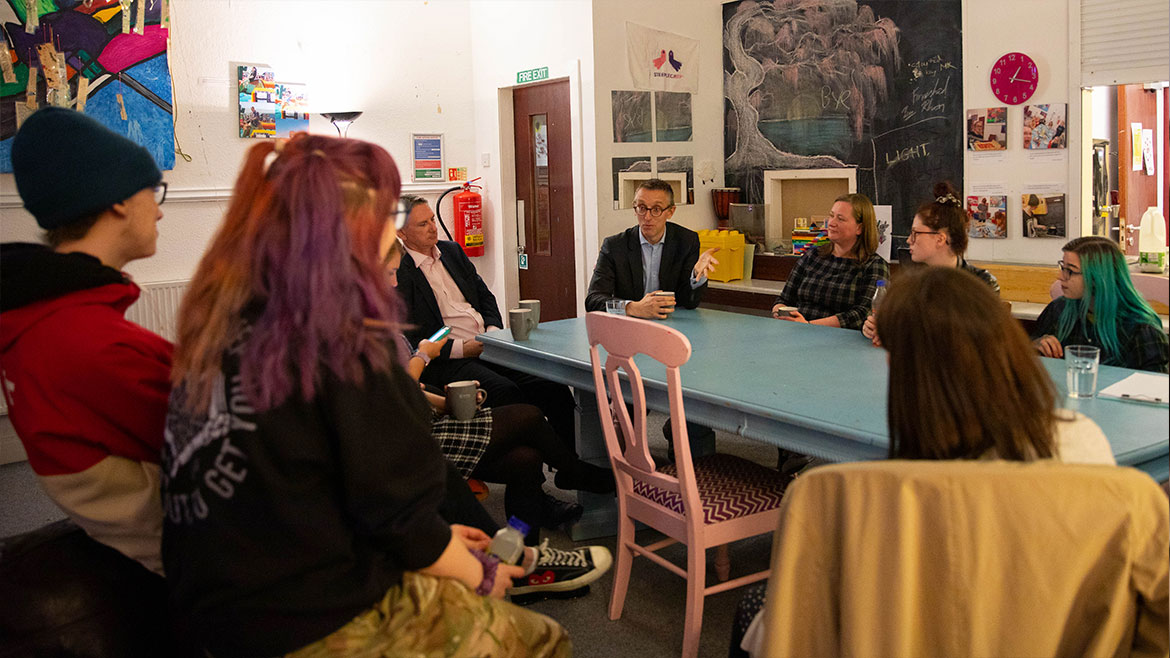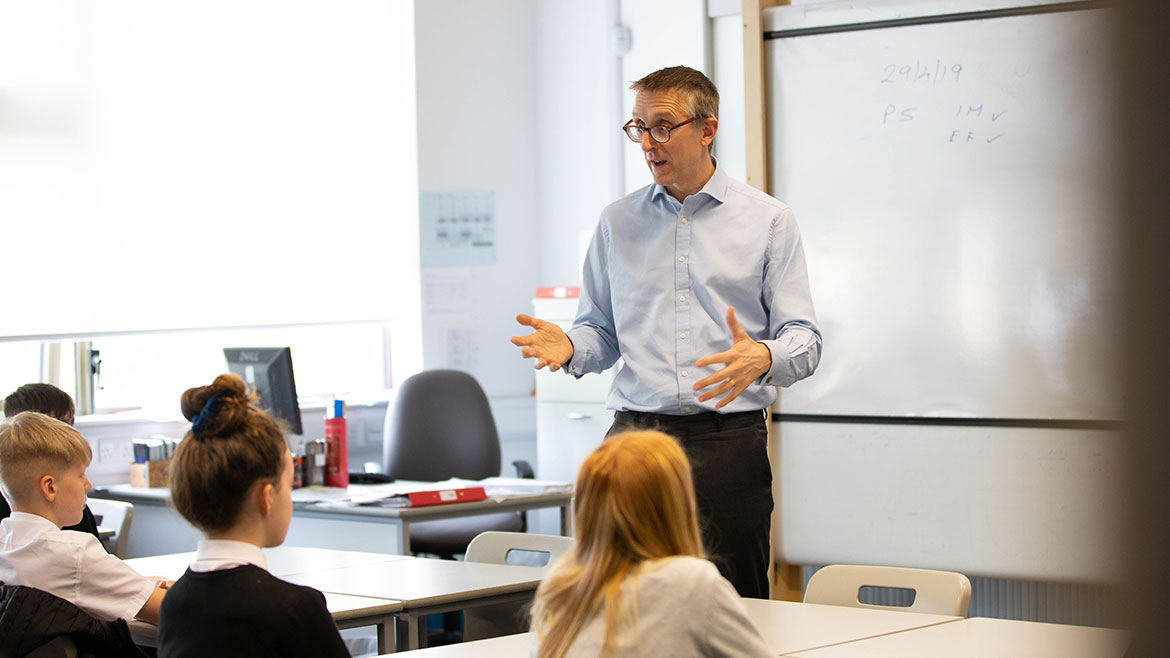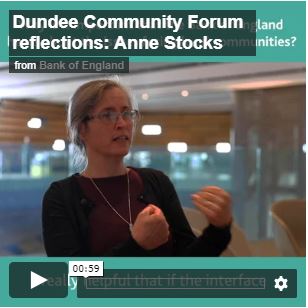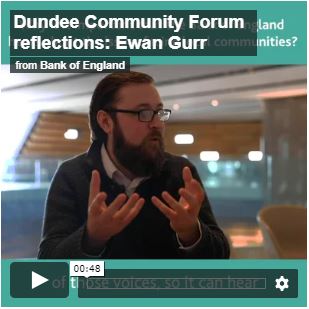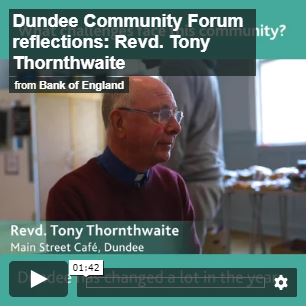Sometimes I feel it would be very convenient for the Bank if I just stayed at my desk in Moorgate and made decisions on the hundreds of papers pouring into the inbox. But occasionally I manage to escape and broaden my horizons - which I certainly did on my recent visit to Scotland.
The visits organised by our network of Agents around the UK typically focus on meetings with businesses, whose insights on a range of issues are always valuable.
But my Scottish trip also involved a series of engagements with a slightly different focus: conversations with charity leaders and volunteers, and members of the public.
Following some visits to small PRA-regulated firms, at the City of Glasgow College I met our new Citizens’ Panel for Scotland – a group of around 20 people who had elected to join a conversation about the economy and, specifically, the issues that are of most concern to them.
The group is one of 12 new panels that we’re setting up around the UK to enable us to hear first-hand from a diverse range of citizens about their experiences of the economy.
People hadn’t just travelled from around Glasgow but as far afield as St Andrews and even by boat from the Isle of Bute! So the pressure on us to make sure it was an interesting evening for all was high.
The sheer breadth of topics raised by our panellists was striking. Unsurprisingly, Brexit featured a fair bit, but it by no means dominated.
We talked a lot about intergenerational inequality, especially with regard to the housing market, and heard people’s concerns about the nature of employment.
The last of those points – how the low headline unemployment rate belies the fact that many people feel insecure in their jobs or struggling with low pay and things such as zero-hour contracts, was also a prominent theme of day two of my trip, in Dundee.

